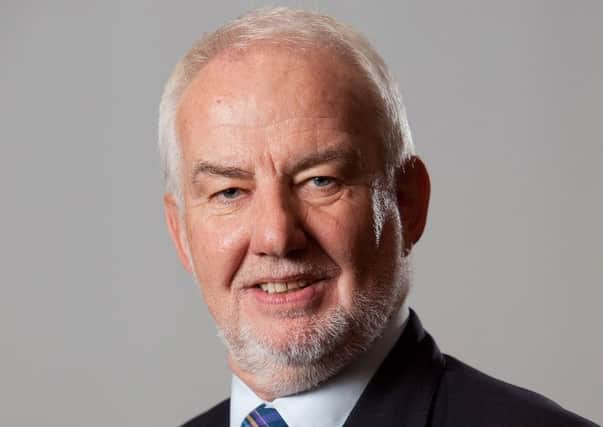David Watt: Scotland's success depends on post-study visas


The Scottish Parliament – and in particular Humza Yousaf, the minister for Europe and international development – should be congratulated on working together to address what is a serious issue for Scottish businesses.
Without skilled workers, Scotland’s capacity for growth would be acutely reduced, and sending away talented young people, who have benefited from the highest quality education, is nonsensical.
Advertisement
Hide AdAdvertisement
Hide AdOur members continue to tell us that they are unable to use non-EU graduate labour and that a post-study work visa system for Scotland would enable them to use first-class graduates and to support their export activity. Migrant workers, from any source, continue to contribute to the health and expansion of Scottish businesses – our jobs depend on it.
Although the Scottish economy is growing slower than the rest of the UK, it still requires people with a wide variety of skills to fuel its growth. The demographics in Scotland means that to sustain growth, we must attract migrant workers from the rest of the UK, the EU and the rest of the world. These migrant workers are needed and there is considerable evidence to prove that current growth is being fuelled by EU migration.
Scotland has some of the best universities in the world and yet the current situation denies us access to skilled graduates from the qualified elite from countries around the globe, the majority of whom are from China and the United States. Our members tell us that sectors such as health, energy, biosciences and finance face particular problems in recruiting skilled graduate workers, and it’s little wonder that business leaders in these areas are frustrated. Having been encouraged to take non-EU students on placements they are then unable to continue their employment post-graduation.
Scotland’s business sector is dominated by SMEs, yet these are the businesses that are particularly impacted by the Tier 2 system, which is such that most businesses without a professional HR team are effectively excluded from the process. Add to this that salary levels required for graduates in the current schemes are set at a UK level, to suit the south-east of England – the current recommendation of £30,000 as a starting salary for a graduate – and the net result is that the scheme is unrealistic in the Scottish labour market.
These issues are a major problem for SMEs, which account for a large proportion of our membership. A system that addresses the talent shortfall for those businesses, and is attuned to the different demographic needs of Scotland, is crucial for our country’s future economic success.
• David Watt is executive director of the IoD in Scotland